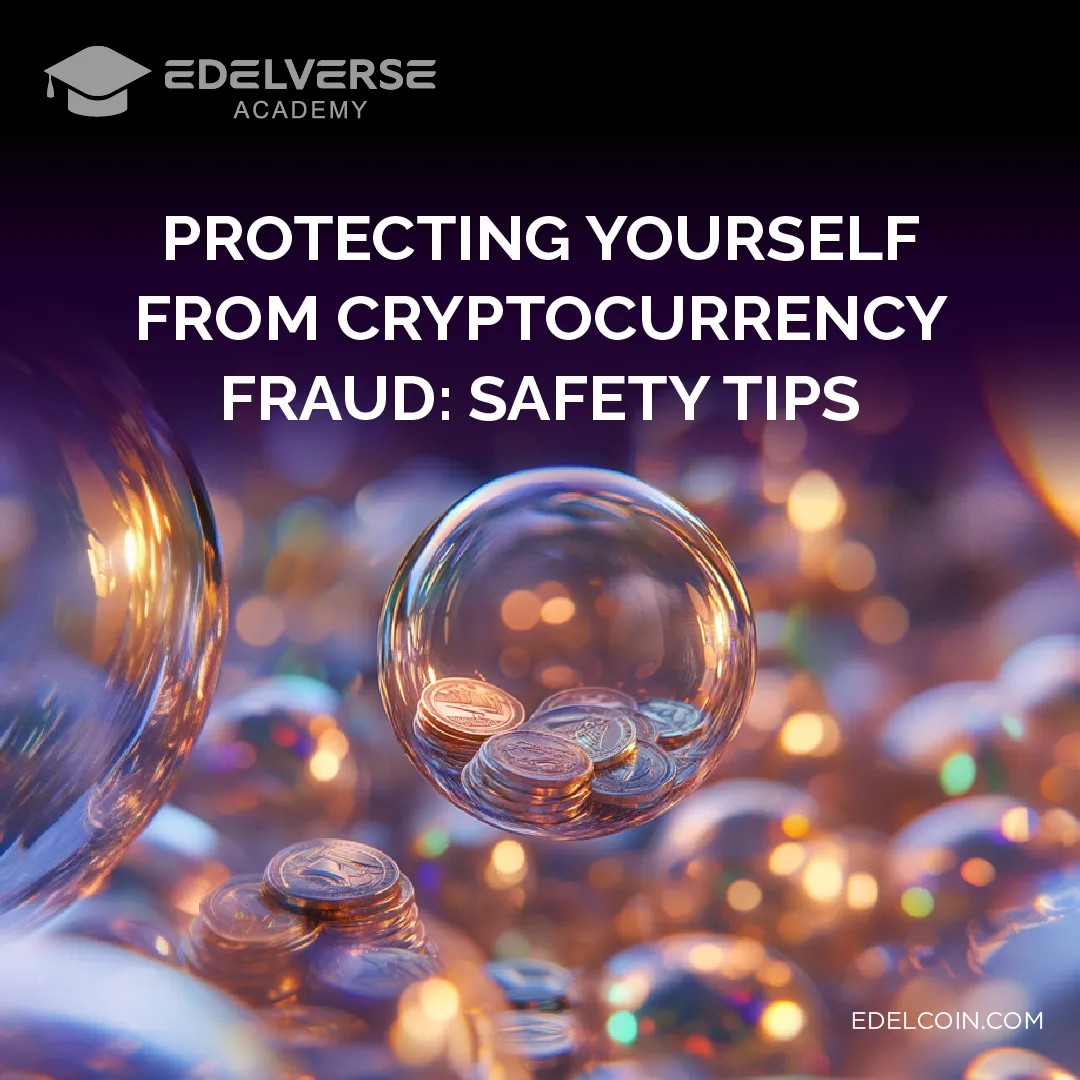
Protecting Yourself from Cryptocurrency Fraud
Safety Tips
Introduction
As cryptocurrencies continue to gain popularity, they also attract the attention of scammers and fraudsters. Protecting yourself from cryptocurrency fraud is crucial to ensuring the security of your digital assets. This article provides essential safety tips to help you confidently navigate the world of cryptocurrencies and protect yourself from common fraud schemes.
Common Types of Cryptocurrency Fraud
1. Phishing Attacks
Phishing attacks involve scammers posing as legitimate entities to trick you into revealing personal information, such as private keys or login credentials.
2. Ponzi Schemes
Ponzi schemes promise high returns with little or no risk. They rely on new investors to pay returns to earlier investors, eventually collapsing when new investments dry up.
3. Fake ICOs
Initial Coin Offerings (ICOs) can be a legitimate way to raise funds for new projects. However, some scammers create fake ICOs to steal investors' money.
4. Malware and Ransomware
Malware and ransomware can infect your device, giving attackers access to your cryptocurrency wallets and private information.
Safety Tips to Protect Yourself
1. Use Reputable Exchanges and Wallets
Always use well-established and reputable cryptocurrency exchanges and wallets. Look for platforms with strong security measures, such as two-factor authentication (2FA) and cold storage. Learn more about crypto wallets at https://edelverse.org/en/glossary/wallet.
2. Enable Two-Factor Authentication (2FA)
Two-factor authentication adds an extra layer of security by requiring a second form of verification in addition to your password. This can help prevent unauthorized access to your accounts.
3. Keep Your Private Keys Secure
Never share your private keys with anyone. Store them in a secure location, such as a hardware wallet or an encrypted digital storage solution. For more on hardware wallets, visit https://edelverse.org/en/glossary/hardware-wallet.
4. Be Wary of Phishing Attempts
Always verify the authenticity of emails, messages, and websites before providing any personal information. Avoid clicking on suspicious links, and be cautious of unsolicited communications.
5. Research Before Investing
Conduct thorough research before investing in any cryptocurrency or ICO. Look for credible information, check the project's whitepaper, and verify the team behind the project. Be wary of projects promising guaranteed returns or sounding too good to be true.
6. Use Secure Internet Connections
When accessing your cryptocurrency accounts, use a secure and private internet connection. Avoid using public Wi-Fi networks, which are more susceptible to hacking.
7. Regularly Update Software
Keep your cryptocurrency wallets, software, and devices updated with the latest security patches. Regular updates help protect against known vulnerabilities.
8. Diversify Your Investments
Avoid putting all your funds into a single cryptocurrency or project. Diversifying your investments can reduce the risk of significant losses.
9. Educate Yourself
Stay informed about the latest security practices and common scams in the cryptocurrency space. Continuous education can help you recognize and avoid potential threats.
10. Backup Your Wallet
Regularly back up your cryptocurrency wallet and store the backup in multiple secure locations. This ensures you can recover your funds if your primary wallet is lost or compromised.
Conclusion
Protecting yourself from cryptocurrency fraud requires vigilance, education, and the use of robust security measures. By following these safety tips, you can significantly reduce the risk of falling victim to scams and fraud, ensuring the security of your digital assets. Stay informed, stay cautious, and protect your investments in the evolving world of cryptocurrencies.

- What is a phishing attack in the context of cryptocurrency?
a. An attempt to mine cryptocurrency using malware
b. A scam where attackers pose as legitimate entities to steal personal information
c. A method to double your cryptocurrency investments - Which security measure adds an extra layer of protection by requiring a second form of verification?
a. Two-factor authentication (2FA)
b. Password manager
c. Anti-virus software - What should you do before investing in a cryptocurrency or ICO?
a. Invest immediately to get the best returns
b. Follow social media hype without further investigation
c. Conduct thorough research and verify the project's legitimacy
Correct answers: 1b, 2a, 3c.
Contents





